14 Nov 2019
The 14th (2019) Chinese Academy of Management Annual Conference was held at Xi’an Jiaotong-Liverpool University.
Academics and industry professionals discussed the latest developments in management theory and practice with a focus on the effects of digitalization across business disciplines in China.
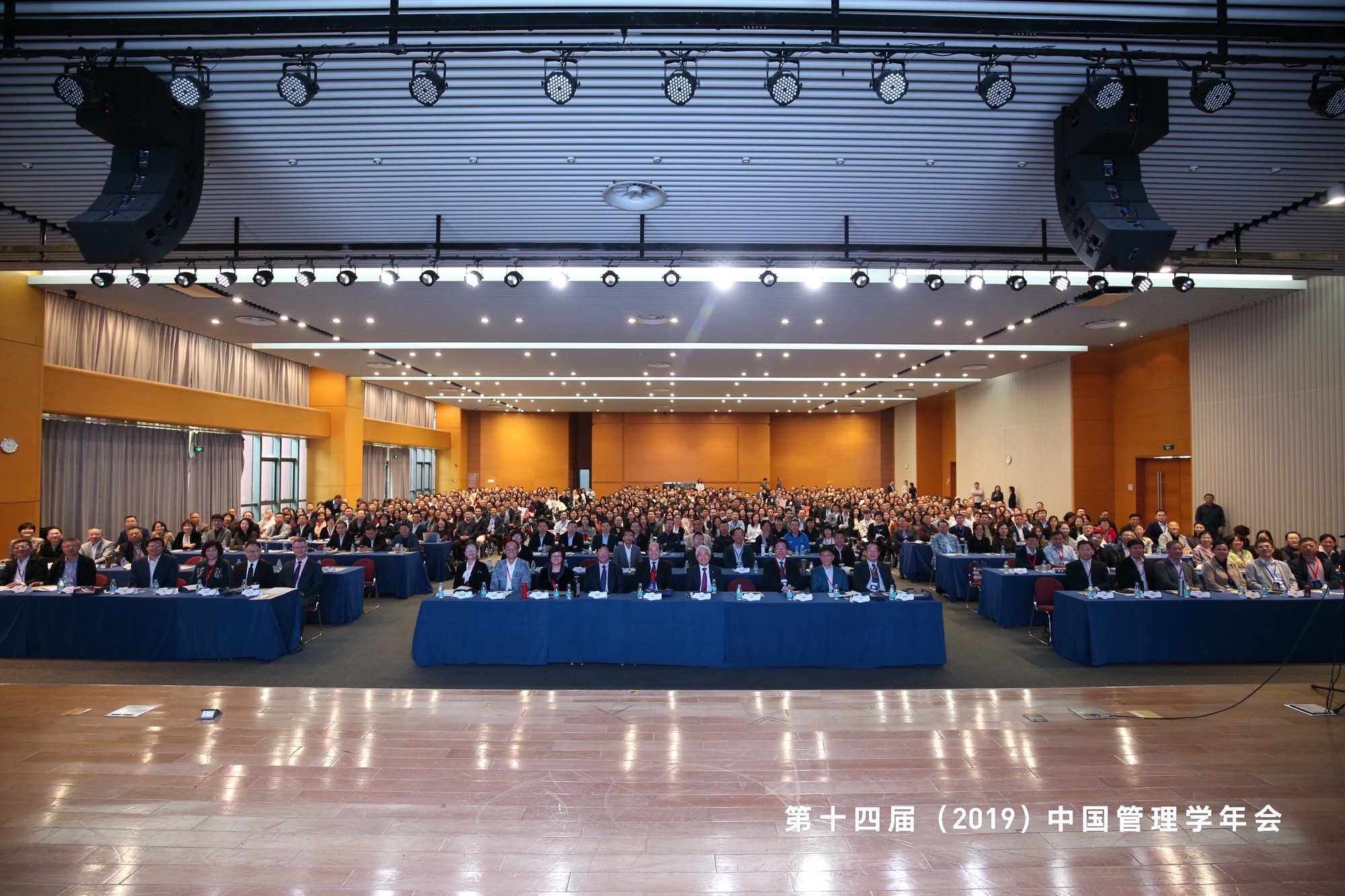
The three-day event attracted more than 1,100 academic scholars and members of administrative leadership from universities and research institutions across China as well as practitioners and students from related disciplines.
The opening ceremony was held on November 2nd in the Central Building of XJTLU. Mr. Chunjun Zhao, honorary president of the China Academy of Management, praised the high standard of the submitted research papers.
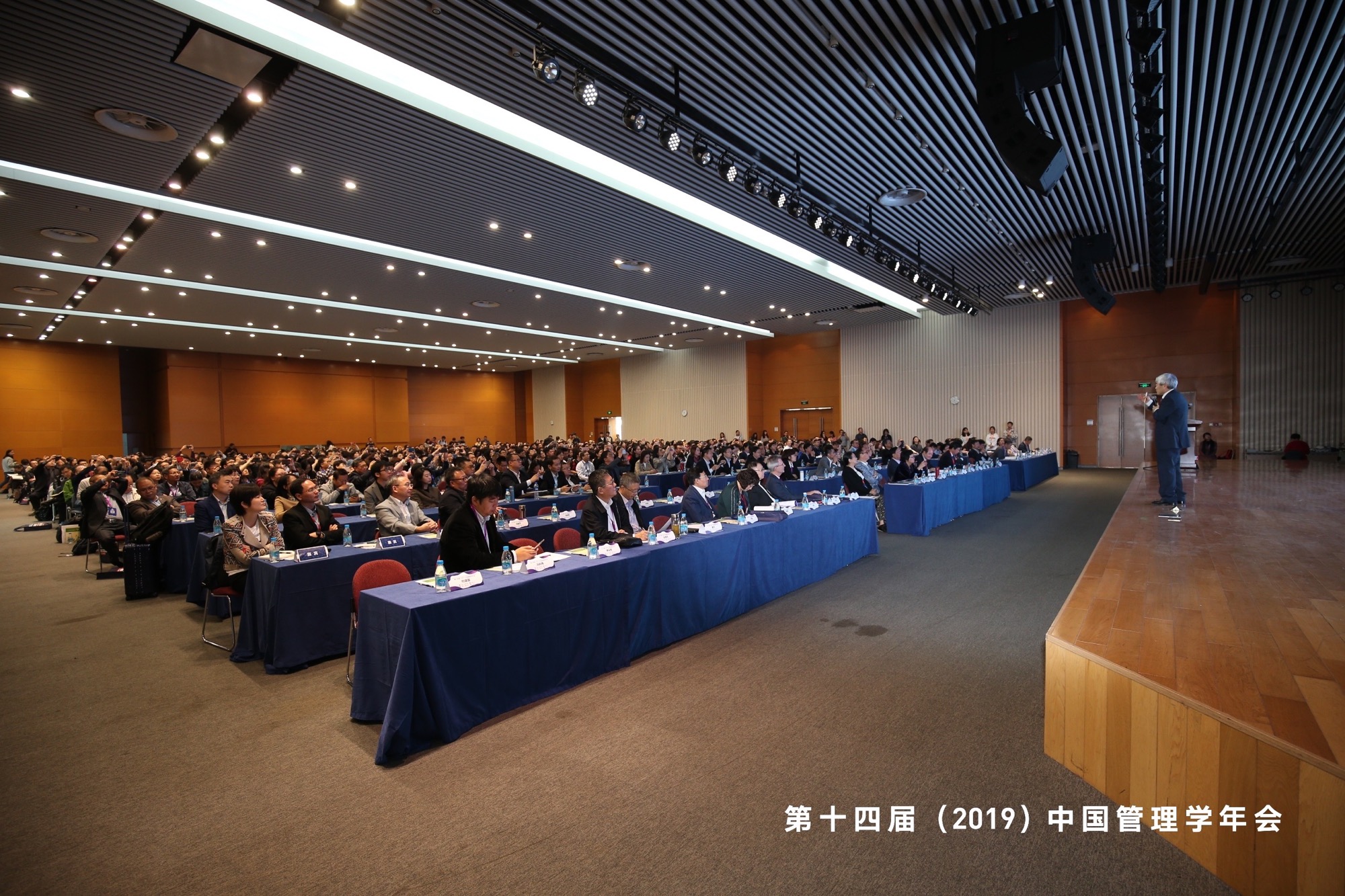
The conference included sessions of the Chinese Academy of Management Board, keynote speeches, parallel workshops and paper presentations, forums of various disciplines from business education reform to entrepreneurship, and the award ceremony of 2019 Youth Talent of China Management.
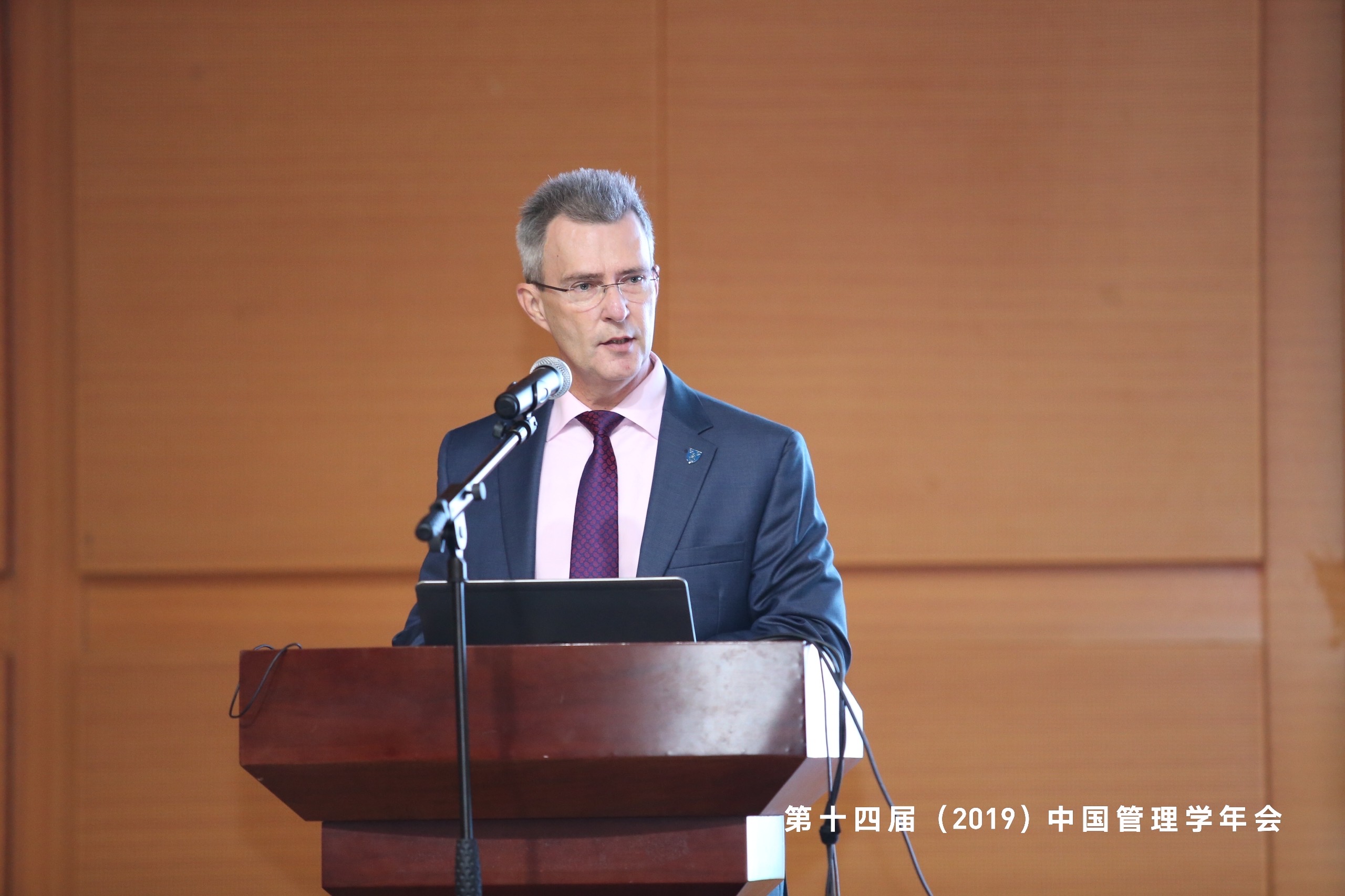
Professor Jorg Bley, Dean of International Business School Suzhou (IBSS) at XJTLU gave a keynote speech on “Innovation, Entrepreneurship and the Changes in the Educational Landscape”. Discussing the general nature of innovation and the entrepreneurial spirit as its driver, Professor Bley shared the points on the significance of innovation, especially the innovation on business education based on his decades of experience and research in both industry and education. He emphasized the important role of business schools in preparing students for the knowledge-driven economy, and the need to “bring businesses into the business schools”. According to Professor Bley, a syntegrative approach to business education, that is, an equal partnership of academia and the business community is needed to nurture the entrepreneurial spirit and to proactively drive innovation.
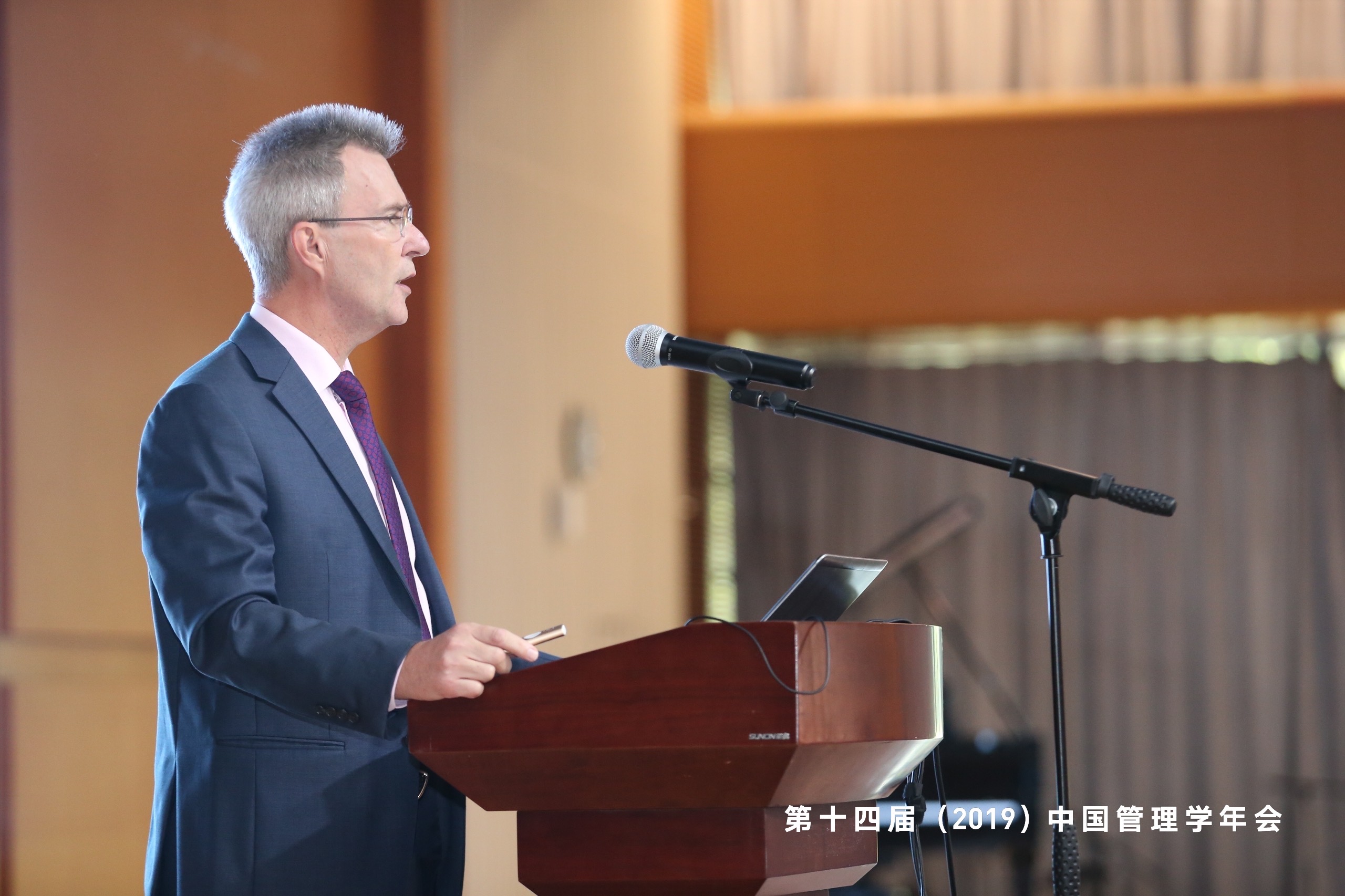
Professor Bley cited examples of disruptive technologies in financial markets, medicine, engineering, and the rise of big data and data science and explained its impact on the educational landscape. In terms of value change and conversion of people’s attitudes, he emphasized on the practice of corporate social responsibility (CSR). IBSS, one of only eight Advanced Signatories of the UN Global Compact Principles of Responsible Management Education (PRME) in China, has incorporated aspects of business ethics, sustainability, and responsibility across its curricula.
“IBSS, as one of the leading business schools in China, strives to play an intermediary role between academia and the business community, leveraging the sources from both circles of higher education and industry to promote innovation and sustainable development for the well-being of society,” Professor Bley added.
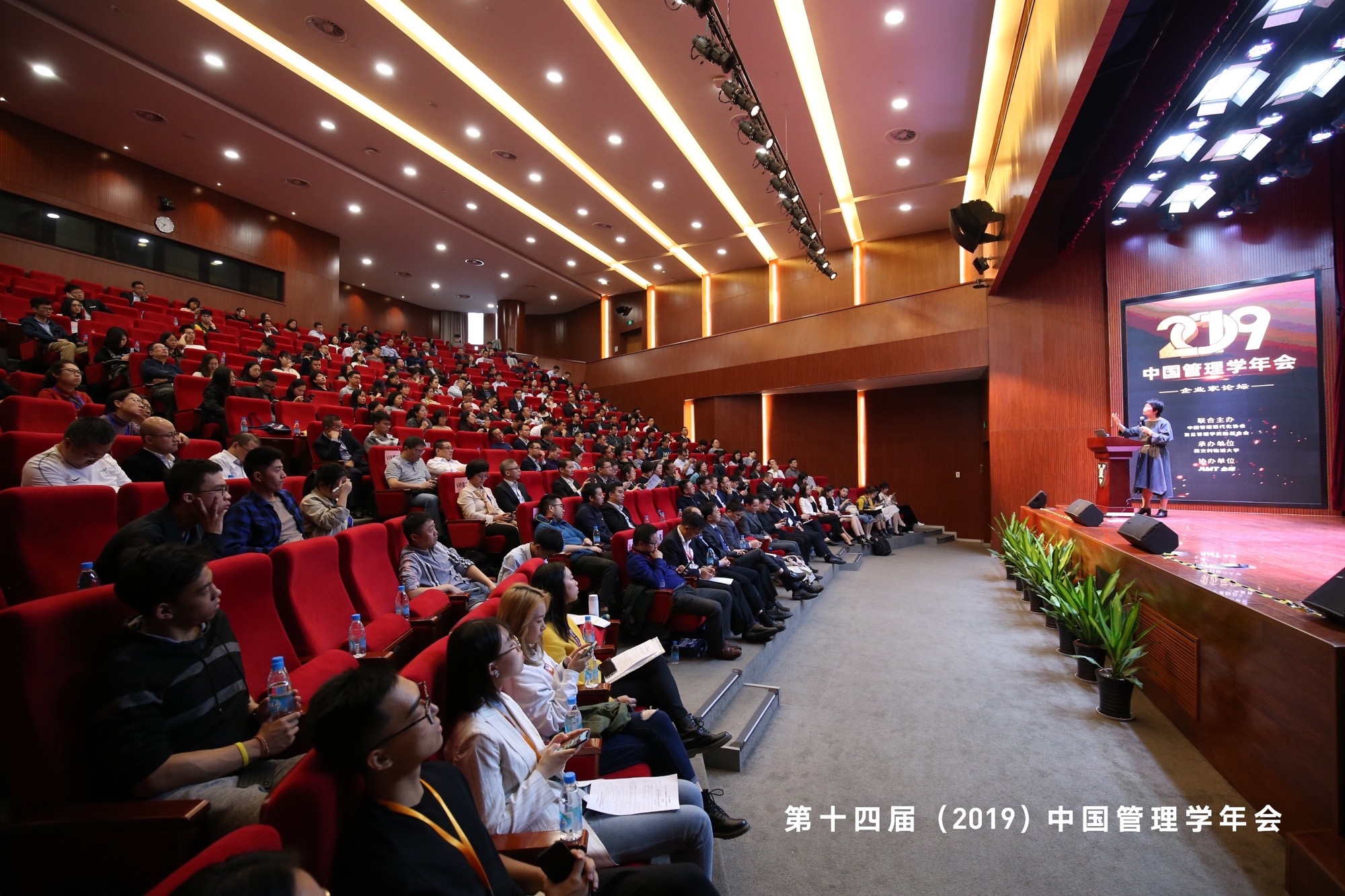
The 14th (2019) Chinese Academy of Management Annual Conference was co-organized by Chinese Academy of Management, Fudan Premium Fund of Management, Xi’an Jiaotong-Liverpool University, Hong Kong Management Association, School of Management at Xi’an Jiaotong University, School of Management at China University of Mining and Technology and TÜV NORD Group.
14 Nov 2019








